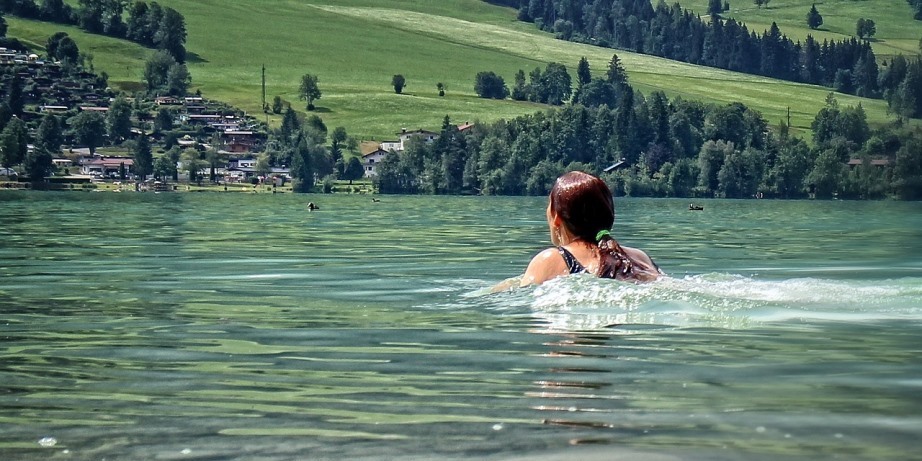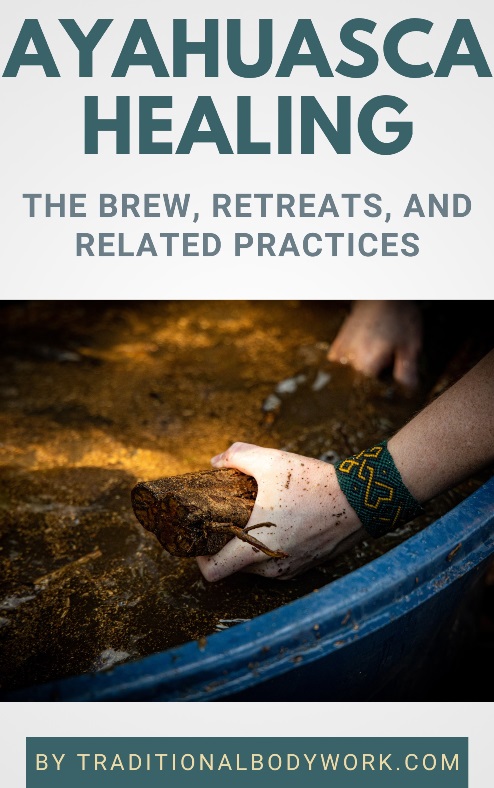
Swimming, which is typically performed in water, belongs to the most popular recreational activities, but it can also be exercised as a sport, job, fitness activity, rehabilitation therapy, or as a technique for survival.

Swimming is a low-impact, full body cardiovascular and aerobic exercise, which apart from health benefits for the heart, blood pressure, lungs, and circulatory system can improve coordination, endurance and strength, and support overall toning and strengthening of the muscles. Additionally, regular swimming can be beneficial for those who suffer from physical disabilities, arthritis, joint pains, insomnia, or stress and anxiety.
Moreover, swimming in a natural environment, such as in the sea, ocean, in creeks, rivers, lakes, or thermal water bodies (aka hot springs or hydrothermal springs), can have several extra health benefits because of the variety of minerals found in such waters, the water temperature, exposure to the sun, better oxygen intake in fresh air, and/or the relaxing natural environment.
Notably people with skin problems (such as psoriasis and eczema), respiratory deficiencies, mental health issues, joint problems and/or arthritis can benefit significantly of swimming in natural environments. Moreover, swimming in the sea or river, for example, can challenge the body and muscles in other and more diverse ways because of the waves and/or currents.


















